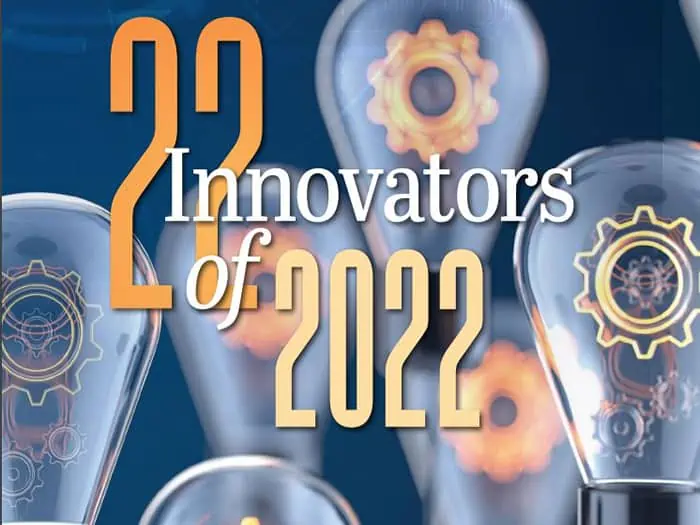


 Suzanne Sturgeon is the Health and Safety (H&S) Program Manager for SCS Engineers staff working in the field. Suzanne is responsible for developing and implementing safety programs, policies, procedures, and regulations. She also manages H&S training for field staff, developing and conducting cultural-based training within SCS to promote understanding and participation while encouraging a behavior-based philosophy essential to eliminating unsafe practices and conditions.
Suzanne Sturgeon is the Health and Safety (H&S) Program Manager for SCS Engineers staff working in the field. Suzanne is responsible for developing and implementing safety programs, policies, procedures, and regulations. She also manages H&S training for field staff, developing and conducting cultural-based training within SCS to promote understanding and participation while encouraging a behavior-based philosophy essential to eliminating unsafe practices and conditions.
Suzanne doesn’t stop there; she continually evolves her programs and participates in association speaking opportunities to share successful strategies throughout North America at Solid Waste Association of North America (SWANA) events and others. Her focus has been proactively identifying hazardous landfill and landfill gas situations and presenting unique and successful solutions she has developed for SCS. But, as the number of MRFs and Transfer Stations is expected to increase, those areas have become safety focus areas.
The industry is seeing a reduction in workplace fatalities based on the most recent U.S. Department of Labor’s Bureau of Labor Statistics, but there is more work to do. “Solid waste is a dangerous industry, and we collectively work to bring awareness to those most vulnerable to injury or worse,” said Sturgeon. “As an industry, we have the tools and more on-demand training to help reach more workers before problems occur to continue making our industry safer.”
As the SWANA National Safety Committee Chair, Suzanne is working hard and smart in the field, keeping up with new systems, equipment, and facilities that need her particular skills and insight to keep worker fatalities and injuries on the downward trend. Her innovative training and ability to communicate with so many saves lives.

Greg’s 35 years of experience include operations, project management, design, permitting, regulatory support, construction oversight, system start-up, economic analysis, and technology assessment to find the right system and the proper mix for sustainable composting operations.
Among his successful innovative projects, there are award winners for demonstrating composting operations can be in urban areas, conveniently coexisting with buildings and people, even tucked under a bridge in New York City.
He created an Aerated Static Pile (ASP) composting pilot program so that municipalities and businesses could evaluate their organic waste streams to determine whether composting is a viable solution before making a capital investment.
And he is leading the design of hybrid composting approaches that combine an ASP system with other technologies, such as open windrows. These hybrid systems can achieve necessary process control while maintaining cost efficiencies. The designs depend on the priority challenges unique to each project — processing increasing tons of food scraps, for example, but change as priorities differ within programs. Sustainability means the systems are flexible enough to adapt to waste trends and the end market, which demands various high-quality mixes to sell.
Greg says, “the advancements mentioned above help support sustainable composting and organics management because they account for changes that may occur over the life of the systems, such as waste characteristics and their relation to the end-product demand.”